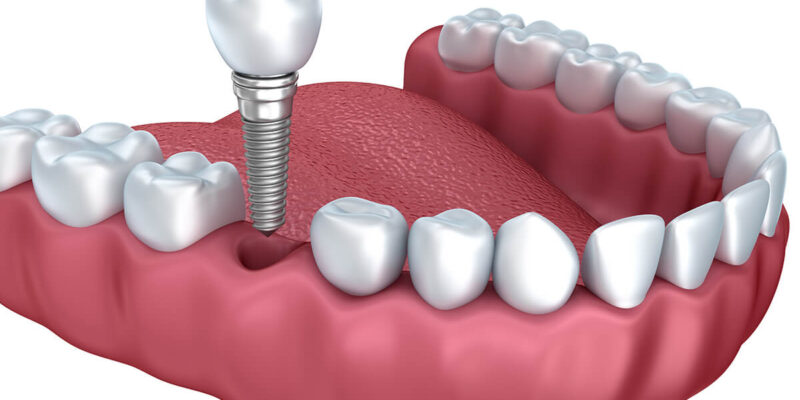If you are missing one or more teeth, you may want to consider getting dental implants. This teeth replacement option looks and feels like your natural teeth. Compared with other options, such as a dental bridge or denture, an implant is sturdier and longer-lasting. It is the only Maryville, TN dental services meant to mimic the structure of a tooth, from the root to the crown, offering the extra benefit of strengthening your jawbone.
Dental implant procedures involve inserting a titanium screw into your jaw. Because of this, you need to have sufficient jawbone density to support the implant. However, jawbone loss can occur in those who have been missing teeth for a long time. Also, it can happen to those who use other tooth replacement options like dentures. This post explores the common causes of jawbone loss and ways to fix it:
Causes of Jawbone Loss
You could lose a jawbone due to the following causes:
- Missing teeth. When you lose a tooth, your jawbone stops getting stimulation from chewing and biting in the area. Your body will reabsorb the minerals and distribute them to other parts of your body that need them. As a result, your jawbone will shrink.
- Gum disease. This disease starts with gum tenderness, inflammation, and bleeding. When not treated at the early stage, it can advance to periodontitis, which occurs when an infection is happening below the gum line. Damages from this condition include gum recession, bone loss, bad breath, and damaged ligaments.
- Tooth infection. This occurs when bacteria that have reached the root of a tooth produce toxins that expand to the jawbone. This decreases blood flow to this area and causes the jaw to shrink.
- Cysts and tumors. These growths can impact your jawbone health. Jawbone loss can occur due to cysts filled with fluid and cancerous tumors.
Treating Jawbone Loss
How your dentist will treat jawbone loss depends on the cause. Whether the condition results from infection in the teeth, bone, or gums, your dentist will address the infection first. After addressing the specific cause of the loss, your dentist can use a dental bone graft to rebuild your jawbone and prepare for dental implants. With a bone graft, you can be a good candidate for implants; however, it has to heal first before you can get an implant. Your dentist can check your jaw to determine if you have sufficient bone for supporting an implant.













Comments